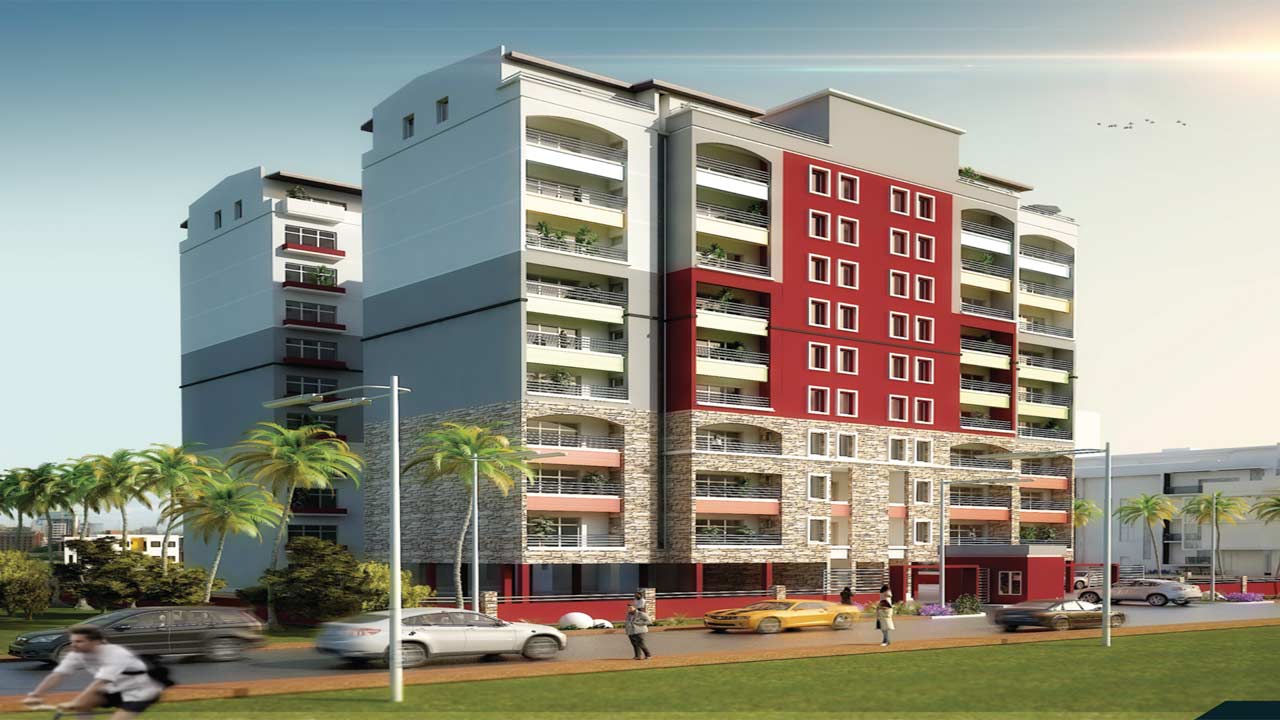…as Nigerian investors close deals, anticipate increased activities in H2’19
African real estate market never had it so good in the previous 24 months as it did in the first six months of 2019 when the market recorded over half a billion dollars in 10 significant transactions across multiple jurisdictions and sectors.
In Nigeria, after 12 straight quarters of negative growth that ended in the first quarter of 2019, the market has started waking up with investors closing deals and hoping to record marginal increase in activities in the second half of this year.
The last six months of the year have been the most promising period in the market and this was reflected in the high number of calls and inspections which the investors reveal they have been receiving for both residential and commercial properties.
“We have seen movements in the market; we may not see what we had in 2008 nor the boom days of 2011 to 2013, but what we see happening now are increased activities and deal closures,” MKO Balogun, CEO, PFI Global, confirmed to BusinessDay on phone.
“Though the economy is passing through a slowdown, I don’t see that affecting real estate, unless something crazy happens which we don’t expect t,” Balogun said.
The growth and opportunity displayed by a diverse spread of international funds, Development Finance Institutions (DFIs), banks, institutional investors and others are evidence that despite apparent indifference to African opportunities in SA boardrooms, the continent’s real estate sector has evolved and become increasingly more liquid and provides value in key nodes and sectors.
Some of the most high-profile deals include well-known listed funds and global investors including Growthpoint Investec African Properties Investment Fund (GIAPF), Grit Real Estate Income Group, WeWork, Centum Real Estate, Nedbank, Standard Bank, the IFC and the UK’s CDC.
Due to subdued growth potential and earnings locally, Central and Eastern Europe become increasingly popular for South Africa’s property sector, but analysts are asking if such funds should not be investing closer to home.
Kfir Rusin, the host of Africa Property Investment (API) Summit, the most significant annual gathering of capital investors in African real estate, is particularly concerned about this growing trend.
API, already in its 10th edition, will be taking place on October 2 & 3, 2019 in Johannesburg. Its stakeholders have been more active in the first half of 2019 than in the previous 24 months.
“For investors and developers looking for data and partners experienced in African development or looking to sell prime assets, there are men and women responsible for structuring and executing these mega deals who will be at this year’s conference,” Rusin disclosed.
These include GIAPF’s managing director, Thomas Reilly; Grit’s CEO, Bronwyn Corbett; multiple senior investment officers from the IFC; Standard Bank’s head of Africa real estate, Niyi Adeleye; CDC’s Illaria Benucci; Centum’s RE MD, Samuel Kariuki, and many more in attendance.
“The market has moved forward in the past six months, and we’re thrilled that so many major dealmakers will be at the API Summit to transact and share their experiences with our delegates,” he said.
These high value transactions, while not a repudiation of the South African-listed sector’s muted view of the African opportunity, do provide a compelling narrative that the continent’s property markets are investable, but require nuance and insights. It’s not simply a copy and paste that what has worked here (SA) will work elsewhere, said Rusin.
According to real estate analyst Craig Smith of Anchor Stockbrokers, Africa’s top markets are “definitely a more attractive entry point than 18-24 months ago” but cautions that investors still need to exercise a “higher level of diligence” when investing.
And while deal many South African funds continue to look at Central and Eastern Europe for scale (sizeable transactions) and positive funding spreads, the transaction spread by API Summit’s investors point to a market that is expanding, which is in line with his view that “the opportunity set over the long term is immense”, said Smith.
“We’re witnessing sophisticated deal structuring in affordable housing; hospitality; logistics; office spaces and mixed use, across countries and regions,” said Rusin.

Top 10 real estate deals in the first half of the year into which billions of investable funds have gone include the Growthpoint Investec African Property Fund to acquire malls in Ghana and Zambia; Centum RE & Nedbank ±$75 million debt deal for their Two Rivers development project, and IFC investment in Hilton in Lusaka and Protea Hotel, both in Zambia.
Others are African Logistics Properties (ALP) which signed debt restructuring deal with Standard Bank; Shelter Afrique in Affordable Housing deal with Habitat International; Grit’s purchase of Senegal Club Med at $12.5 million with development plans of $28.8 million, and CDC’s commitment to mezzanine debt investment in Teyliom Hospitality with a deal size put at $30.7 million.
Within the period, WeWork opened its first of many African office locations in Johannesburg; Actis & Shapoorji launched affordable housing Joint Venture in Kenya with the deal size put at $120 million, while Westpark & Siemens are to build sustainable industrial park.
Regarded among local and international decision makers as Africa’s largest property gathering, the API Summit is recognised as a platform for investing, but it is also vital in developing deeper layers of transparency for investors looking to meet and understand the continent’s divergent and complex markets to avoid previous mistakes committed by SA developers.
“Africa’s markets are still relatively opaque, and it is vital that these markets continue with their efforts to improve transparency,” Smith said. “The experience of GIAPF is crucial in my view as this will provide evidence of performance to the SA market.”
Source: businessdayng




